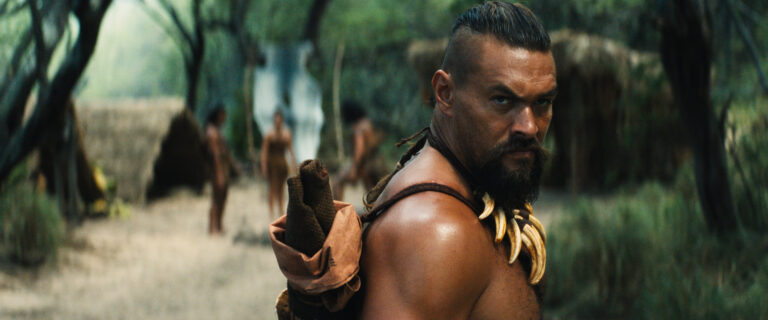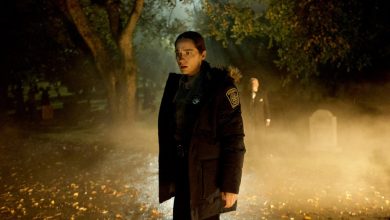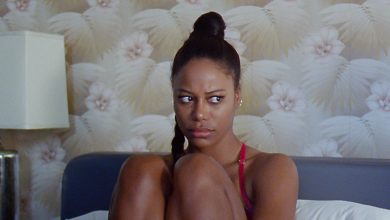“Chief of War”: A Lush, Philosophical Epic Redefining Historical Dramas on Apple TV+

Like many great stories, Apple TV+’s new historical drama “Chief of War” opens with an ancient prophecy: “A Star with a Feathered Cape will signal the rise of a great King, who will unite the kingdoms and end the age of war.” Set in the late 18th century, the series unfolds across the untouched Hawaiian Islands, focusing on four independent kingdoms: O’ahu, Maui, Kaua’i, and Hawai’i.
At the center of the story is Kaʻiana (played by Jason Momoa), a warrior from Maui who has sought refuge in Kaua’i with his brothers. They live a peaceful, carefree life, hunting sharks and finding love—far removed from the violence of their past.
This fragile peace shatters when a Maui ship arrives, carrying King Kahekili (Temuera Morrison), Kaʻiana’s powerful uncle. Kahekili warns of a looming threat: the seers of Maui have predicted an impending invasion by O’ahu, and Kaʻiana is needed to stop it. Believing this war could fulfill the prophecy, Kahekili positions himself as the one destined to unite the islands under a single rule. But Kaʻiana has grown distant from battle—forcing Kahekili to resort to desperate means.
Kahekili declares, “The Prophecy does not foretell the rise of a king. It predicts the birth of a moment.” This sparks Kaʻiana into action. He proposes a preemptive strike on O’ahu, hoping to shape fate rather than react to it. However, things are not as they seem—the King of O’ahu is a child, and Kahekili’s ambitions quickly eclipse his morality, turning the prophecy into a tool for conquest rather than unity.
The show cleverly explores a central philosophical dilemma: Are our choices truly our own, or shaped by unseen forces—be they divine or human? This is woven into the show’s exceptional dialogue, where each line carries emotional and historical weight. Unlike other period dramas that shift towards prolonged action scenes, “Chief of War” remains anchored in thoughtful, intimate conversations, reminiscent of early “Game of Thrones” or the recent “Interview with the Vampire.”
The dialogue is rich with cultural context, layered with meaning, and performed with intensity. Among a strong cast, two actors deliver standout performances: Luciane Buchanan as Kaʻahumanu, a woman destined to “break this world,” and Brandon Finn as Prince Kūpule, a conflicted son who watches his father descend into madness. Their characters wrestle with destiny, legacy, and morality, adding emotional depth to the political turmoil.
See More ...
Visually, the series is breathtaking. It showcases the natural beauty of Hawaii—from lush green mountains to star-lit skies—with cinematography that’s among the finest in modern television. The lighting, especially, captures the terrain with an almost spiritual glow, distinguishing “Chief of War” from the visually muted aesthetic dominating contemporary film and TV.
Despite a slight slowdown in the middle episodes, the series concludes with a powerful finale that reaffirms its commitment to meditative storytelling over spectacle. In an age where historical dramas often erase indigenous perspectives, “Chief of War” boldly re-centers them, compelling audiences to slow down, reflect, and listen.
All episodes are now available to stream on Apple TV+.




